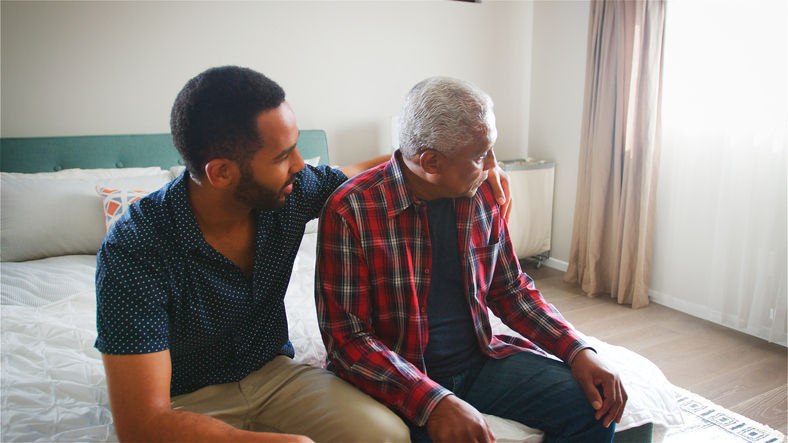Misconceptions about Elder Law & Life Care Planning
- Elder Care Law Blogger
- May 31, 2023
- 3 min read

What do people most often get wrong about elder law and Life Care Planning? We posed this question to Certified Elder Law Attorney Barbara McGinnis, one of the partners here at Takacs McGinnis Elder Care Law. According to Barbara, there is no shortage of myths, misconceptions, and misinformation when it comes to elder law.
Barbara says that the top misconception she sees involves expectations. “A lot of people we see come to our office thinking that we will know instantly what they should do,” he said. “Our focus is on planning, and that starts with understanding their unique situation and then evaluating the options and opportunities. Ultimately, we empower our clients with the information they need to make good decisions on their own.”
Another misconception involves how a problem will be solved. Barbara sees many people who believe that there can only be one possible solution to their problem. “That’s rarely the case,” she said. “We have a lot of different techniques that we could utilize. Our goal is to lay out the options and pros and cons of each so clients can decide between Plan A, Plan B, or Plan C.”
A third misconception involves how many options people will have once their health has started to decline. “Many people come to me with the belief that if a person is already sick, there are no more choices to be made,” Barbara said. “That’s not the case. One of the things people fail to realize is there's always an opportunity for planning. The difference is in the number of options you will have available to you. If you create your plan earlier, while you’re still healthy, you will probably have more options available to you than you would if you waited until after a health crisis. You may not like the options as much, and they may not be as attractive, but you will almost always have more than one option.”
Another common misconception involves the quality of advice people get from others. “These days, everyone thinks they’re an expert,” Barbara explained. “Everyone thinks they can give advice because they heard something on TV, read something on the internet, or watched a YouTube video. I’ve talked to attorneys across the country and they all see the same problem. We can come up with a really good plan for somebody, and then somebody else—a friend, a neighbor, or a relative—has a different opinion, then the attorney’s advice is ignored.”
Barbara says that this often has disastrous consequences. The “I can do this myself” culture spawned by Google searches, YouTube videos, and downloadable legal documents lays the groundwork for one of the biggest misconceptions of all: that people can forego the attorneys by using downloadable forms to create their own estate planning documents. “Being an elder law attorney isn’t about just filling in the blanks on a will, a trust or a power of attorney,” Barbara added. “There’s a whole lot more to it than that. You're not paying an elder law attorney for their ability to fill in the blanks. You're paying for our ability to customize those documents so that they do what you want. You’re paying us for our ability to make those documents work together as part of a plan that will meet your goals. That kind of skill is something you’ll never find in a downloadable, editable PDF.”
If someone you love is dealing with legal, financial, or personal challenges created by long life, chronic illness, or disability, Takacs McGinnis Elder Care Law can help. Call 615.824.2571 to schedule your consultation.






Comments